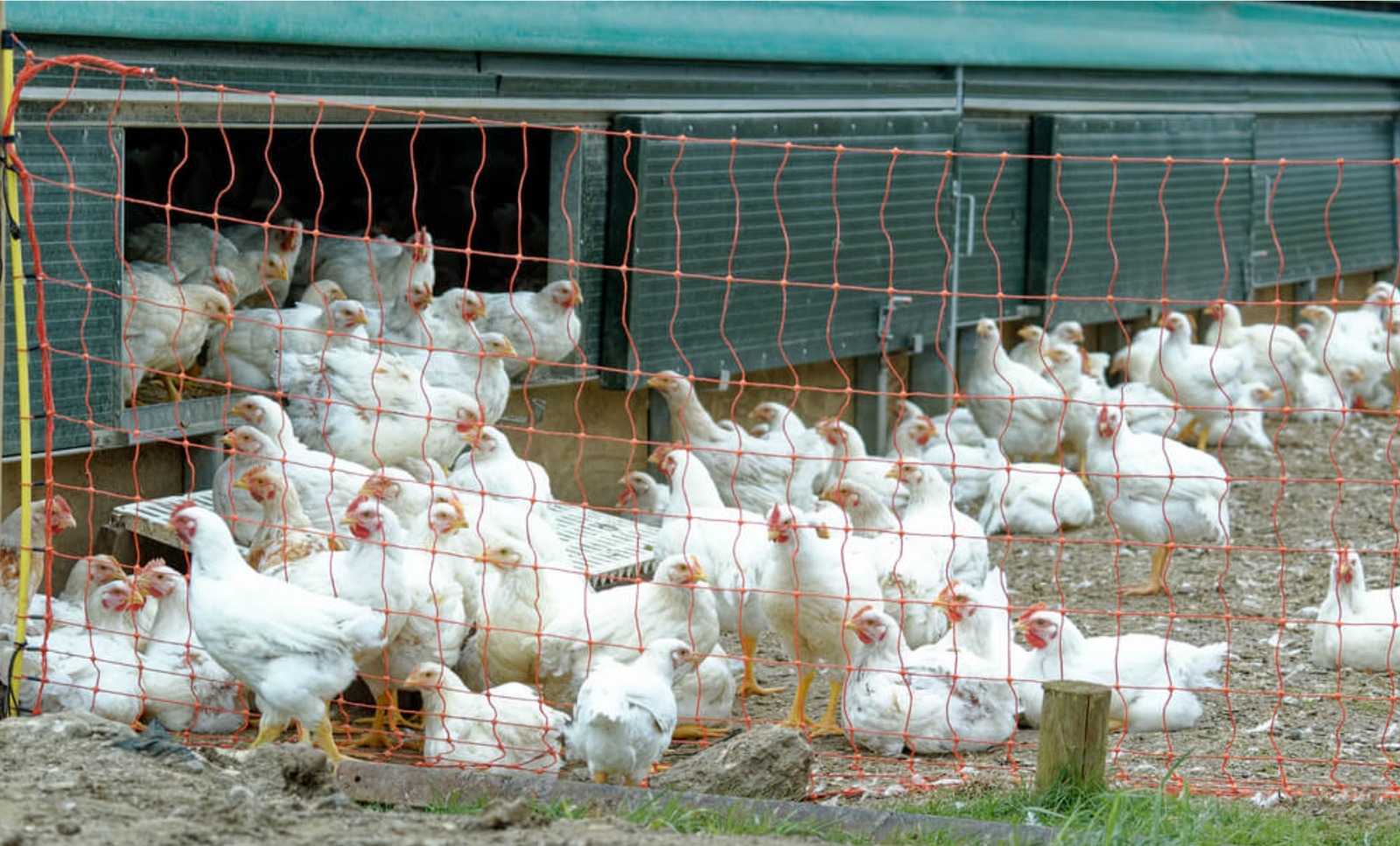Egg Labels Unveiled: Factory-Farmed vs. Free-Range Organic Choices for Your Meal Prep and Meal Delivery

Your meal choices extend beyond personal taste; they play a significant role in health, sustainability, and animal welfare. This article explores the crucial distinctions between factory-farmed and free-range organic eggs, shedding light on the factors that affect your meal prep and meal delivery options. Discover the stories behind your eggs and how your preferences can impact our world.
Factory-Farmed Eggs: What's Behind the Carton?
- Confinement and Distress: Hens in factory farms, whether bred for meat (broilers) or egg production (layer hens), endure cramped living conditions, devoid of natural comfort.
- Monotonous Diet: Factory-farmed hens subsist on a uniform diet primarily composed of inexpensive grains and soy, resulting in eggs with lower nutritional quality.
- Health Concerns: The use of hormones and antibiotics to maximize egg production raises concerns about the presence of potentially harmful residues in the eggs.
- Sunlight Deprivation: Factory-farmed hens are deprived of the freedom to bask in natural sunlight and fresh air.
- Environmental Impact: Factory farming practices contribute to environmental problems due to concentrated waste.
Free-Range Organic Eggs: A Fresh Perspective
- Embracing the Outdoors: Free-range hens have the privilege of roaming outdoors, foraging for insects, seeds, and plants, which enriches their diet and yields more flavorful eggs.
- Natural Behaviors: These hens can express their innate behaviors freely, enjoying dust baths, perching, and socializing with their flock.
- Diverse Diet: Free-range hens savor a varied diet, including a variety of plants and insects, leading to eggs with richer flavors and enhanced nutritional value.
- No Hormones or Antibiotics: Free-range organic eggs come from hens that are raised without the use of hormones or unnecessary antibiotics, ensuring egg purity.
- Enhanced Animal Welfare: These hens enjoy a higher quality of life, with more space, fresh air, and the ability to express their natural behaviors.
Understanding the "Free-Range" Label
- Varied Standards: The "free-range" label can have different interpretations, but it often implies that hens have access to outdoor areas during the day.
- Food Alliance Certified: According to Food Alliance Certified, free-range eggs come from birds that do not live in cages and have access to natural daylight or a vegetation-covered outdoor area for at least 8 hours per day. Each bird must have at least 1.23 square feet of floor space and be able to nest, perch, and dust bathe.
- American Humane Certified: The American Humane Certified program defines free-range as each bird having at least 21.8 square feet of outdoor space.
- Certified Humane Program: The Certified Humane Program states that free-range hens must have at least 2 square feet of outdoor space that they can access for at least 6 hours per day.
The Taste and Quality of Eggs
- Flavor Delights: Many egg enthusiasts attest that free-range organic eggs offer a more savory and delightful taste compared to their factory-farmed counterparts.
- Vibrant Yolks: Free-range eggs often feature yolks with a deeper, more vibrant hue, indicating higher nutrient levels.
Egg Choices and Sustainability
- Eco-Conscious: Free-range organic egg farming frequently aligns with sustainable and eco-friendly practices, reducing the environmental footprint.
Make Informed Choices
Your meal prep and meal delivery options extend beyond just taste. Opting for free-range organic eggs supports a more humane and sustainable approach to egg production. Elevate your culinary experience, one meal at a time, and explore ethical and delicious choices beyond the carton. Check out our Signature Program meal prep here.



